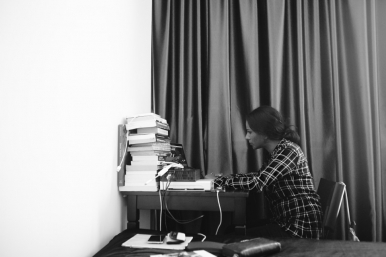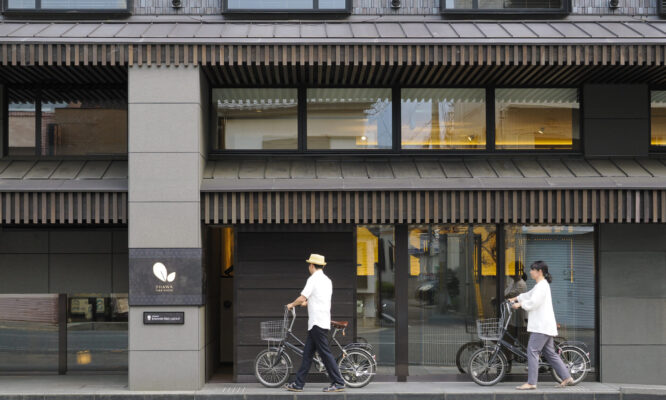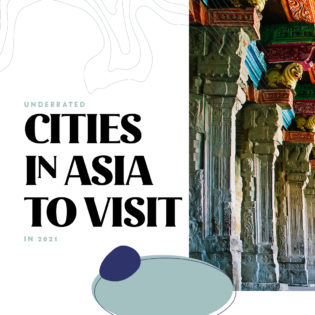Malaysian Indrani Kopal’s personal journey is as extraordinary as her award-winning documentary

It’s hard to imagine that the effervescent Indrani Kopal was once socially crippled by poor English. Or that the dark-eyed 36-year-old with long wavy tresses was nearly bald by her late teens.
On the other hand, it was probably these personal demons – or rather, her struggles to slay them – that enabled her to make one of the most critically acclaimed documentaries to capture the rehabilitative power of dance.
Produced on a budget of USD3,225 (RM13,380), filmed using school equipment, The Game Changer won the best student documentary award at the 2015 Cannes Film Festival. At press time, The Game Changer has been chosen to screen at 17 film festivals.
Indrani’s path in film and production began after she left her job as a video lab technician at Limkokwing University College of Creative Technology to work as a television presenter at Varnam Channel, MITV Network. Eventually, she switched to behind the camera, after finding herself more fascinated by production.
She produced and directed close to a dozen TV magazine programmes until the company’s closure, which prompted her to take on a role as a multimedia journalist in news portal Malaysiakini TV. Though making the leap from entertainment to politics was like “going on growth steroids”, it was here that she developed her signature style of letting the subjects take centre stage, instead of using expository voice-overs.
In an early foreshadowing of her consummate skill, her first production about rural children wading through chest-high river waters to attend school moved her colleagues to tears. She eventually produced more than 100 web documentaries and news features that sparked conversations about social justice, human rights, urban poor, gender and sexuality.

She’s My Son, a sensitive portrayal about a transsexual’s journey, became the first independent documentary to win the Freedom Film Festival in 2007. One of her most meaningful achievements came the following year, when she received the Most Outstanding Asian Youth Ambassador (AYA) Award.
Indrani thought she would “grow old” in Malaysiakini, but after six years, her work caught the attention of visiting scholars from George Washington University. They persuaded her to apply for – and obtain – the prestigious Fulbright scholarship, becoming the first Malaysian filmmaker to do so.
The scholarship enabled her to do a two-year terminal degree (MFA) in documentary filmmaking at Hofstra University, New York. After years of making hard-hitting documentaries about social justice, Indrani relished the chance to experiment in lighter, more artistic subjects, including a short piece on Harlem veteran saxophonist Bill Saxton that threw light on the golden days of jazz.
Recognising her potential, her Hofstra professors encouraged her to enter her films for competitions, something she wasn’t keen on initially. She explains, “As a documentary producer for a media organisation, you get paid to make films that get published immediately. But in the world of documentary filmmaking, no one pays an independent filmmaker to make her films; the long labour of grant-seeking itself takes months if not years.” There were days she had to choose between a meal for the day, or stumping up travel expenses to attend film festivals – and she often chose the latter.

Indrani could never have afforded to attend Cannes had it not been for the fundraising campaign mounted by her former boss, Malaysiakini’s CEO Premesh Chandran, which eventually prompted MACEE to come forward with the funds to materialise her first trip to Europe.
Serendipity and paying it forward seem to be recurring themes in her life, which is one of the reasons she returned to Malaysia to set up her own production company called Far East Documentary Centre after completing her TFA in December last year. “I hope to use my experiences to create a sustainable cycle of filmmakers.”









